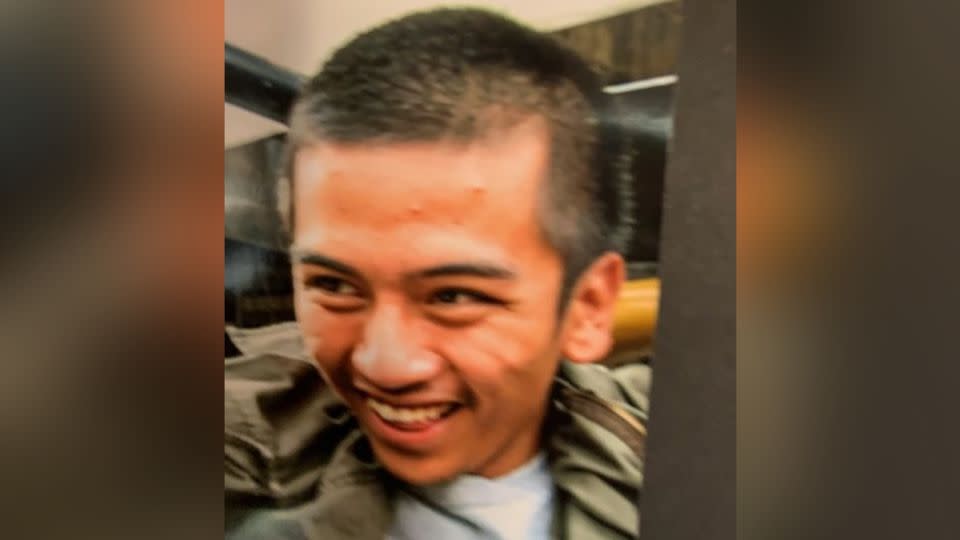The city of Antioch in Northern California has agreed to pay $7.5 million to the family of Angelo Quinto, a 30-year-old man who died days after being restrained by police in 2020. The family filed a wrongful death claim, alleging that Quinto was undergoing a mental health episode and died after officers kneeled on the back of his neck for nearly five minutes. However, the Contra Costa County District Attorney’s office found no evidence of criminal wrongdoing by the officers involved in Quinto’s death.
Police restrained Quinto at his family’s home after his sister called for help due to concerns about his mental health. Despite the lack of external physical evidence of injury to Quinto’s neck, an autopsy determined that his cause of death was due to Excited Delirium Syndrome, drug intoxication, psychiatric conditions, physical exertion, and cardiac arrest. The family’s attorneys emphasized the importance of legislation that was eventually signed by the governor, which banned excited delirium and similar terms from being listed as a cause of death in California.
Attorneys for Quinto’s family expressed that the settlement represents a positive outcome from a tragic situation, highlighting the family’s efforts to bring about change and raise awareness. Antioch Mayor Lamar Hernandez-Thorpe acknowledged the city’s past failures in addressing such incidents and emphasized the need for cultural and policy reforms within the police department and the community as a whole. The mayor credited Quinto’s family for their role in advocating for change and contributing to the implementation of body-worn cameras for police officers and a non-police mental health response team.
During a news conference, Quinto’s stepfather, Robert Collins, thanked city officials for their willingness to listen to the family’s demands for reform. The introduction of police body cameras and a non-police mental health response team were cited as examples of tangible changes implemented as a result of the family’s advocacy. Quinto’s sister, Isabella Collins, described her brother as a multifaceted individual who had a passion for art and cooking, and continuously sought self-improvement. She expressed gratitude for the progress made in advocating for legislative and policy changes aimed at ensuring justice for others in similar situations.
Overall, the settlement and subsequent policy changes in Antioch are seen as a step towards positive reform and accountability within the community. The family’s efforts to advocate for change and seek justice for Angelo Quinto have led to concrete actions being taken to prevent similar incidents in the future. While recognizing that no amount of money can make up for the loss of a loved one, Antioch officials and Quinto’s family are committed to continuing the process of change and working towards a safer and more just community for all residents.







